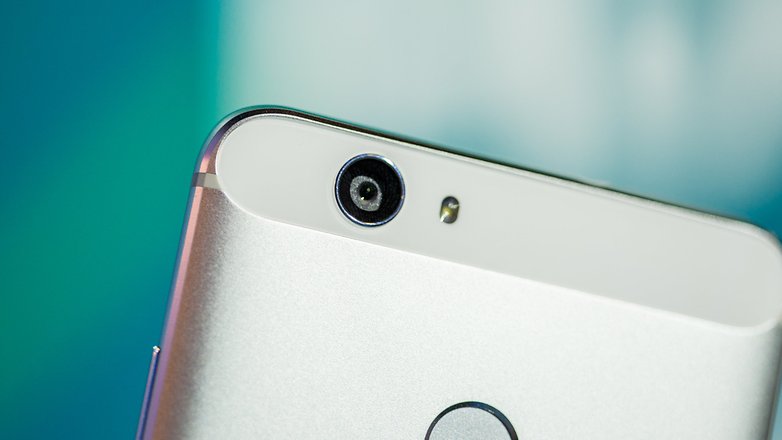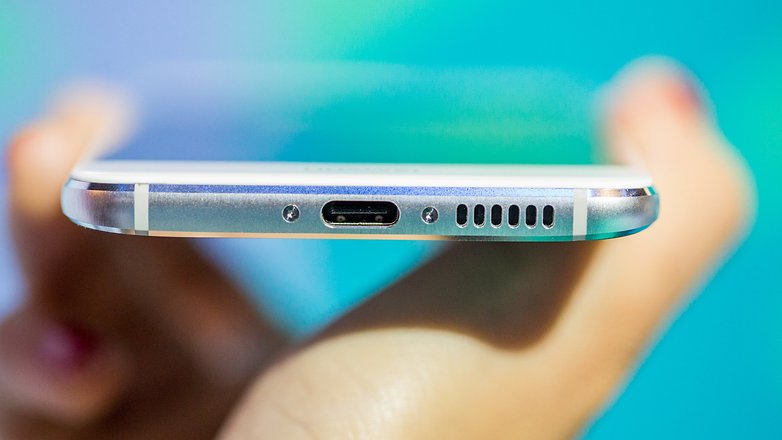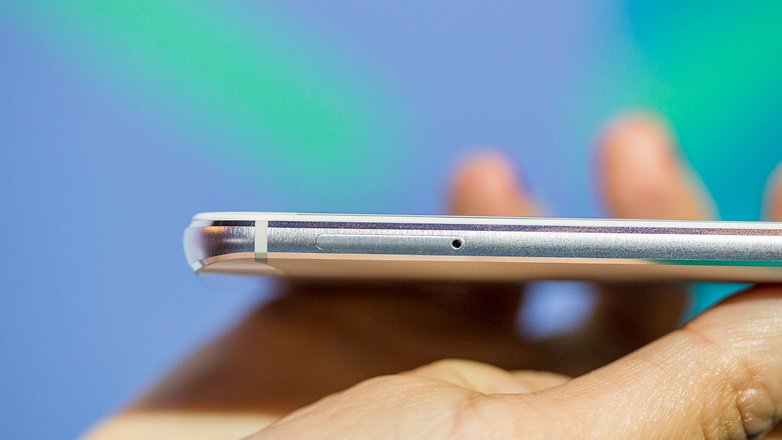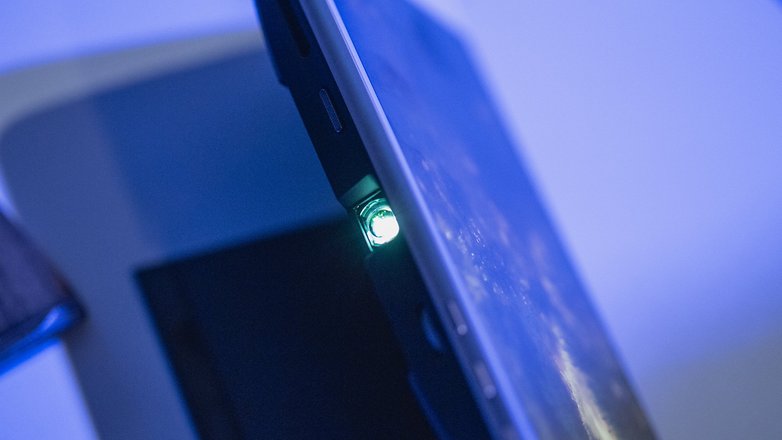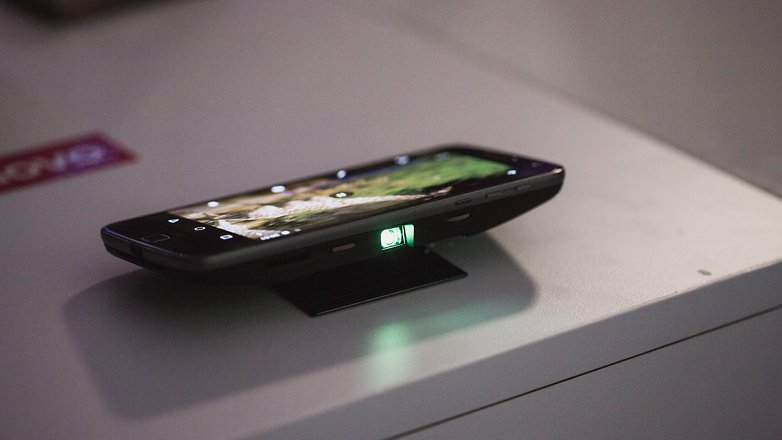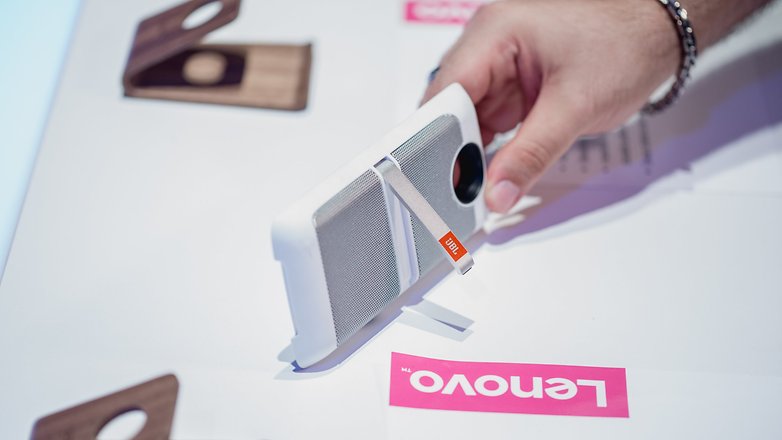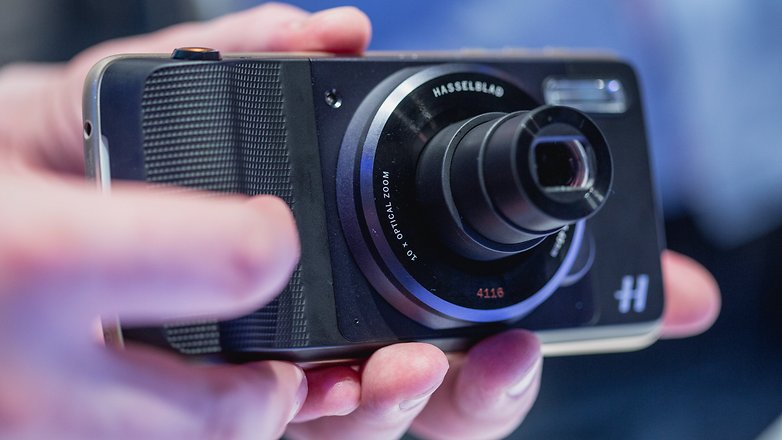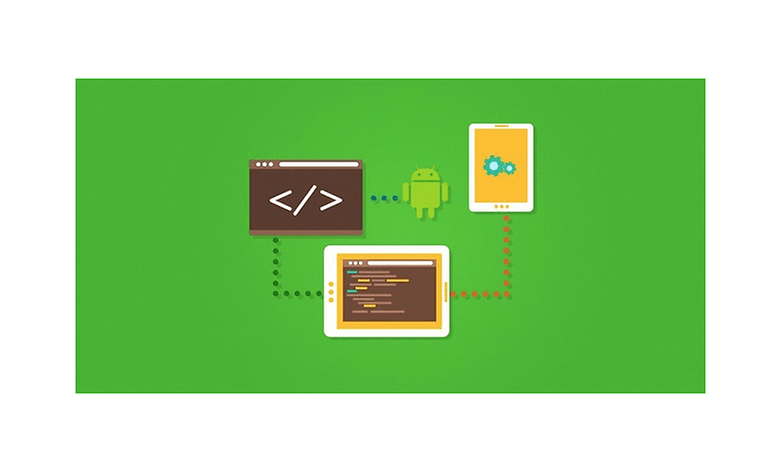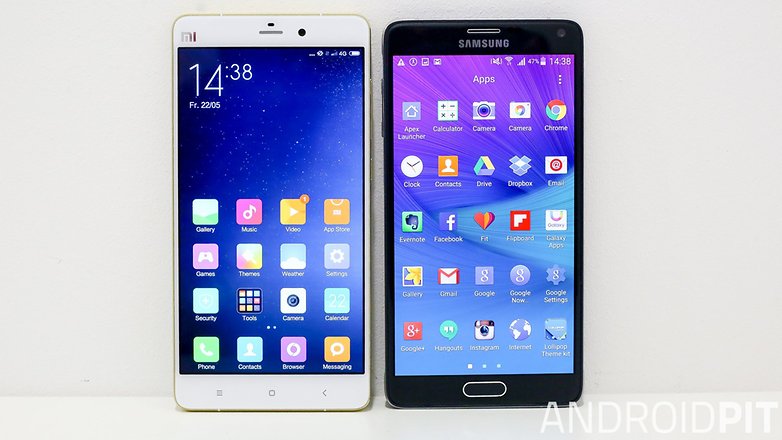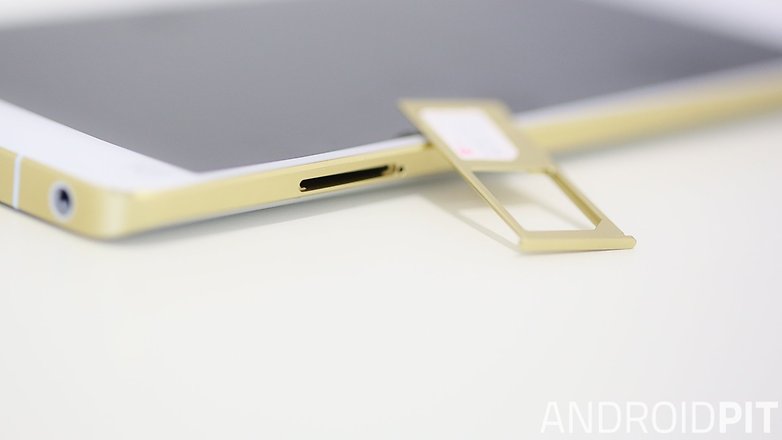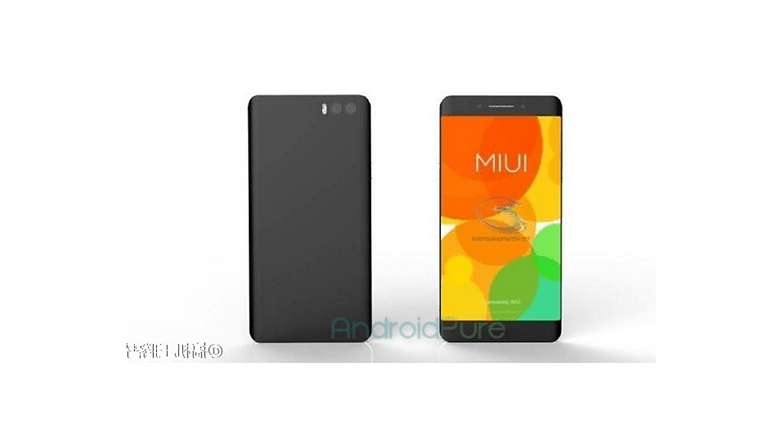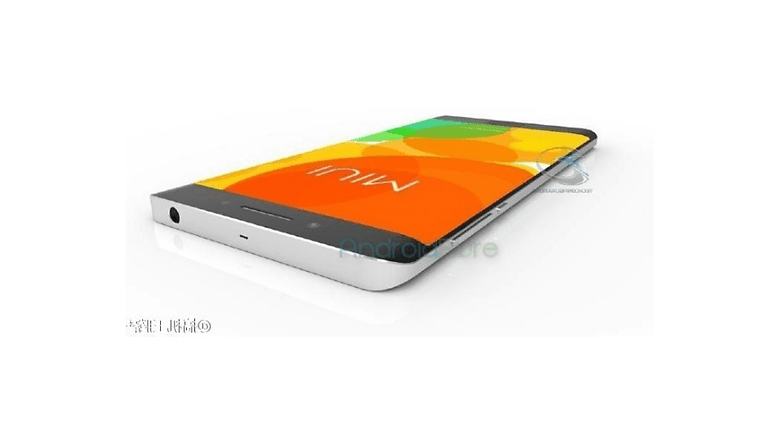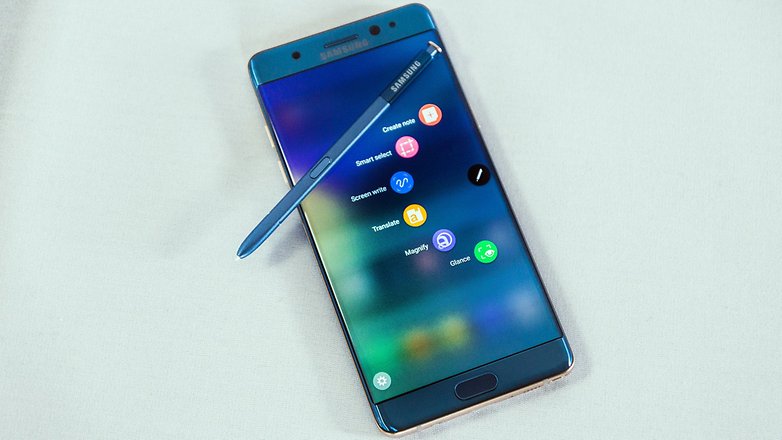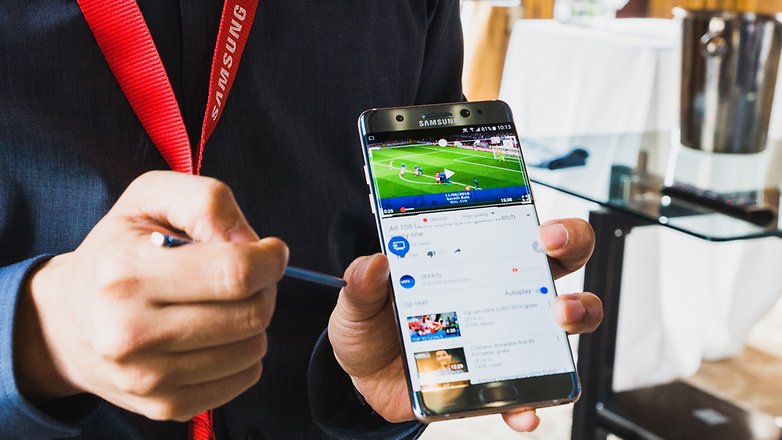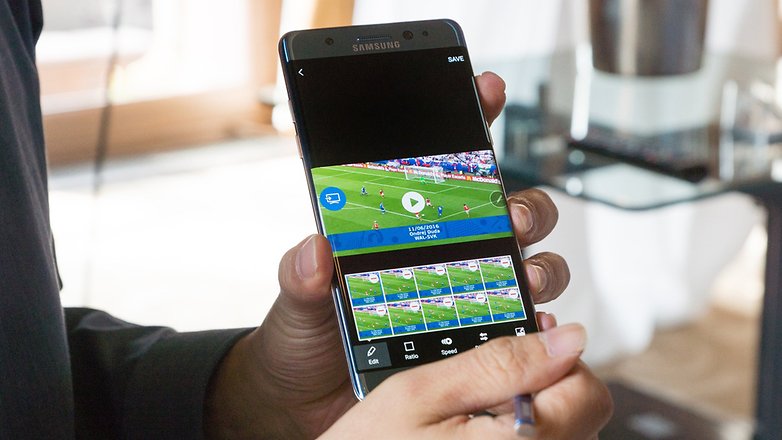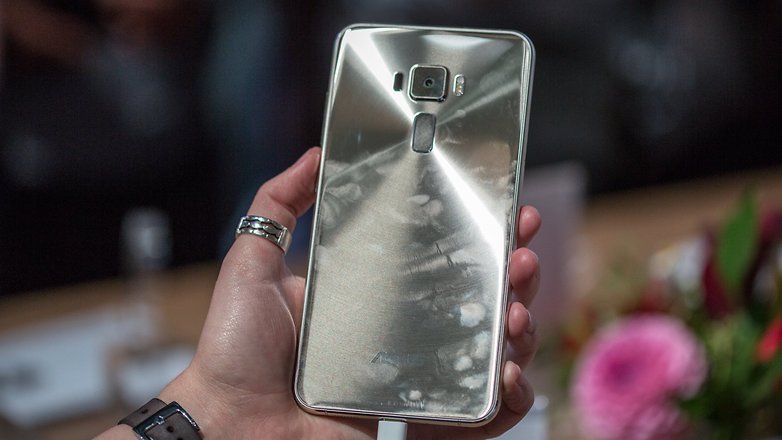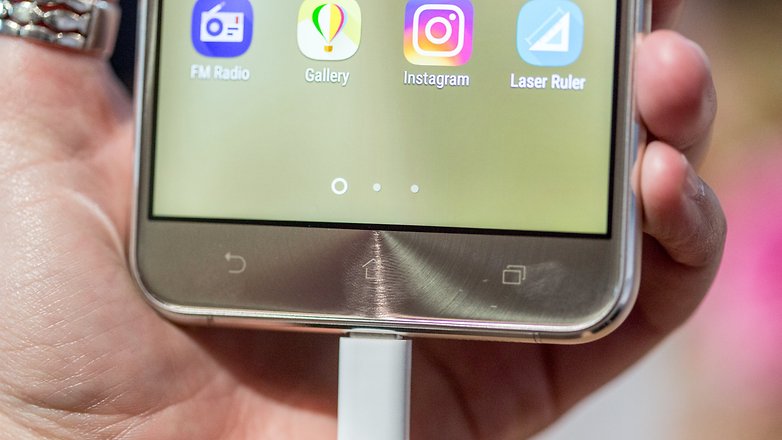Firstly, the Note 7 appeals to many for one simple reason: its stylus. If this is what you're after, then there really is little in the way of alternatives. Also, none of the devices we have collected here offer an iris scanner or the advanced software features that Samsung has built into the TouchWiz version specifically designed for the Note 7. However, if you're in the market for a powerful phablet, then you're in luck, because Android has plenty to offer. So without further ado, here are our picks.
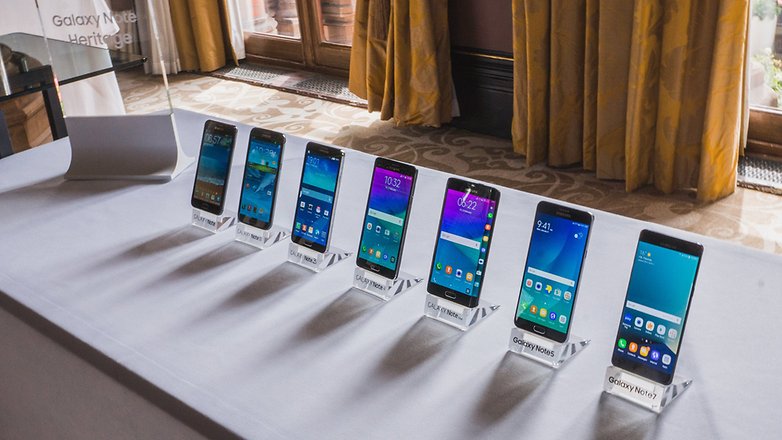
OnePlus 3: a powerhouse performance
The OnePlus 3 blew us away from the off. This device costs only $399, half the price of the Note 7. For that money, you get a 5.5-inch display (0.2 inches smaller than the Note 7) and an even more powerful handset. With the Snapdragon 820 and 6 GB of RAM, it is not only better on paper, but it in practice, too. It's currently the fastest Android smartphone in the world. It also feature USB Type-C, getting you a fast charge and quicker data transfer.
The downsides are that the display simply cannot match the Super AMOLED on offer from Samsung. Indeed, no one in the smartphone world can beat that. Sadly, there is also no support for microSD cards with the OnePlus 3, but the 64 GB of internal storage should be sufficient, nonetheless. Then there is the camera: the Note 7, as with all high-end Samsung devices, has a superlative camera. When you're buying budget, this is certainly an area you can expect to suffer losses, and the OnePlus 3's camera simply can't compare with the Note 7's.
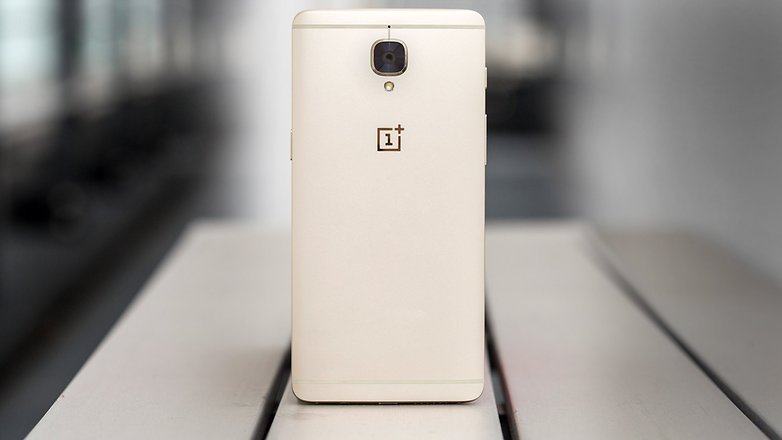
Xiaomi Redmi Note 3: budget at a cost
The ultra-budget option comes from the Redmi Note 3, which is aligned in name if not in number with the Note 7. This device goes for around $150 (and that figure is soon to fall further, with the Note 4 around the corner).
As with the OnePlus 3, we have here a 5.5-inch screen, which, for the money, is surprisingly strong. While there is no iris scanner, there is a fingerprint scanner, a true rarity on a device of this price.
Again, the biggest weakness here, especially when comparing this to the Galaxy Note 7, is the camera. Not all that surprising for a device in this price range, but the camera here is poor. This is a device to avoid if you're a keen taker of smartphone pics.
When it comes to the specs sheet, the Redmi Note 3 falls in line with the Nexus 5X, that is to say, far below the OnePlus 3 and the Galaxy Note 7.
If you're interested in this as an alternative, then, given the low launch price of this line of devices, it might be worth waiting for the Redmi Note 4, which is coming very, very soon.
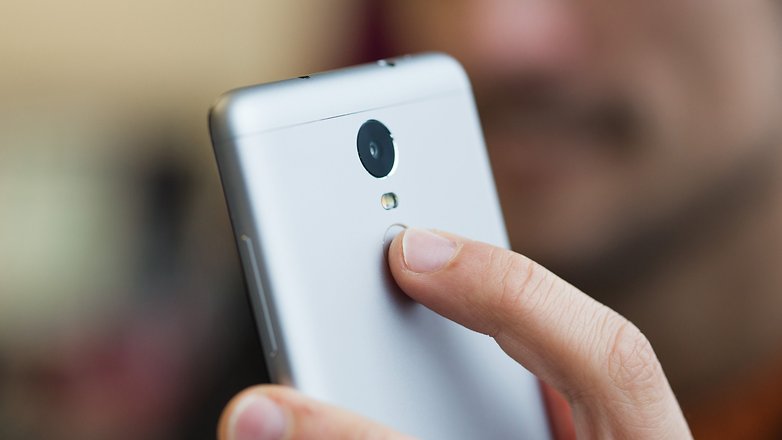
Samsung Galaxy S7 Edge: the supreme
Following the arrival of the Samsung Galaxy S7 Edge in our offices, I wrote that the device had killed the Note line. This upset many, but I stand by it. Unless you really, really want a stylus, I see no reason to choose the Note 7 over the S7 Edge. The Edge is cheaper, has only a slightly (0.2 inches) smaller display, which actually means you get a higher ppi on the S7 Edge (if you're into that).
In terms of performance, the two devices share the exact same hardware, and early comparisons have even put the S7 Edge ahead of the Note 7. The camera setups are also identical. And the S7 Edge has a larger battery (!). They both have curved displays.
In conclusion: can you live without a stylus? If the answer is "yes, I will survive without", then you'd be a fool not to choose the S7 Edge over the Note 7, a fool.
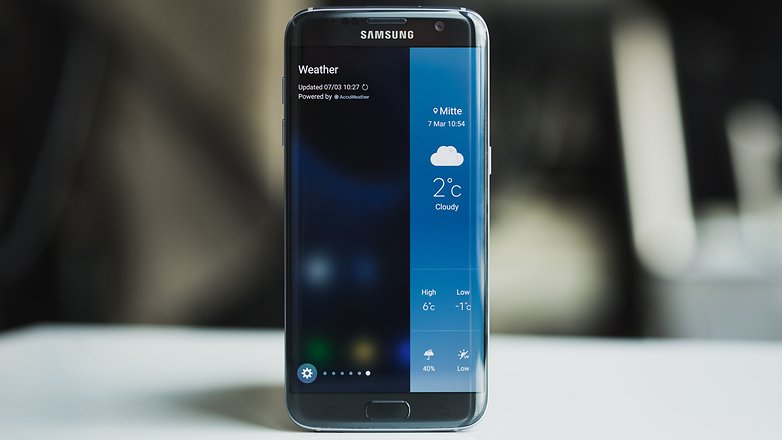
Huawei Mate 8: an extra .3-inches
When 5.7 inches just doesn't cut it, then you need to consider the Huawei Mate 8. This 6-inch phablet is enormous. It uses an IPS display, which, while not as richly saturated as the Super AMOLED of the Note 7, performs admirably, despite also not having as higher resolution as the Samsung phablet.
The Kirin 950 processor was, for a brief moment, the fastest chip on the market. Today, it lags behind the Exynos 8890 and Snapdragon 820, but it remains up to scratch for the intensive multitasking the Mate 8's 6-inch display calls for.
The main seller for the Mate 8, besides it size, is its battery. This thing is a long-distance runner. A walloping 4,000-mAh juicer resides inside this beast, lasting a day and a half without even breaking a sweat. We bow before this battery, and it laughs in the face of the Note 7's paltry 3,500 mAh.
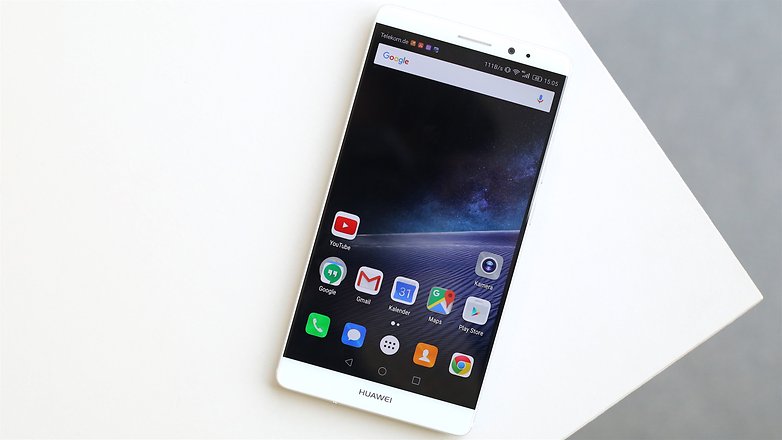
Samsung Galaxy Note 5: aging gracefully
That's right: just because there was not a Note 6, it does not mean there were no Notes at all prior to the Note 7. The Galaxy Note 5 is the forebear of the Note 7. It is loved by many, and rightly so. It's a wonderful device, powerful and sublime. It marked the moment that Samsung redefined the Note series. Yes, the removable battery went bye-bye, but so much more came in its place. The build quality, design, camera and display are still world-class, even today.
The crown may have passed on, but plenty of regal magic clings to the Note 5.
With the release of the Note 7, now is the perfect time to pick up a Note 5, which has not seen a significant price drop since its release. Get ready to see those numbers fall now, though.
You might miss out on the microSD card support, but you save money, you barely lose out on camera quality (as you do with all the rest of the devices on this list – significantly so), and you get to hold in your hand an Android classic, a star, an icon, a phablet worthy of that fabulous 'ph'.
You will not be disappointed.
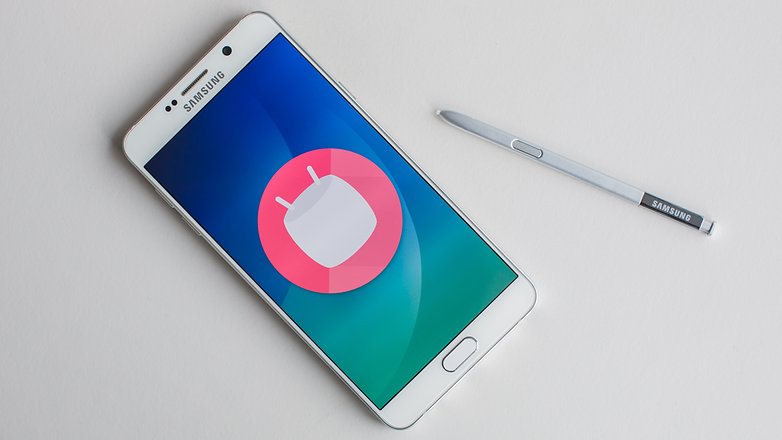
Got any more devices you'd consider over the Note 7? Let us know down there in those comments.
